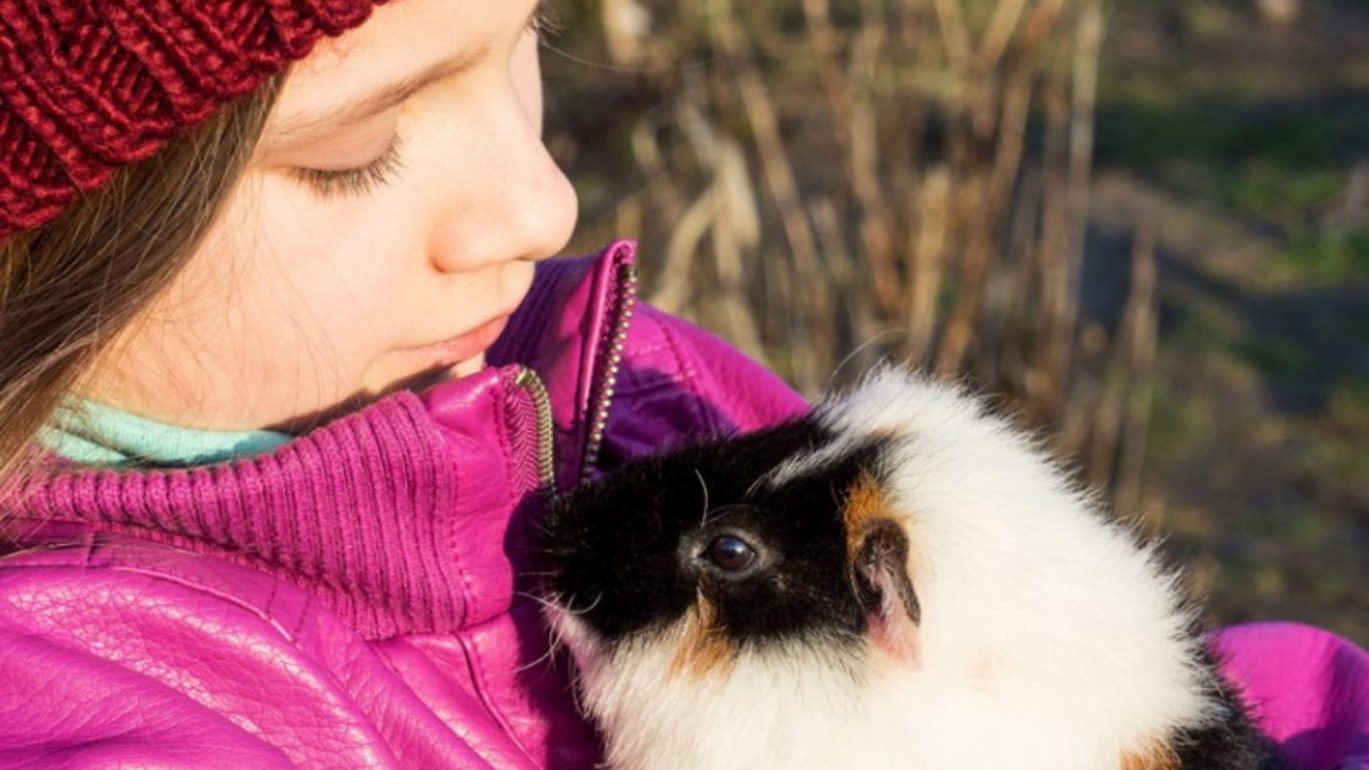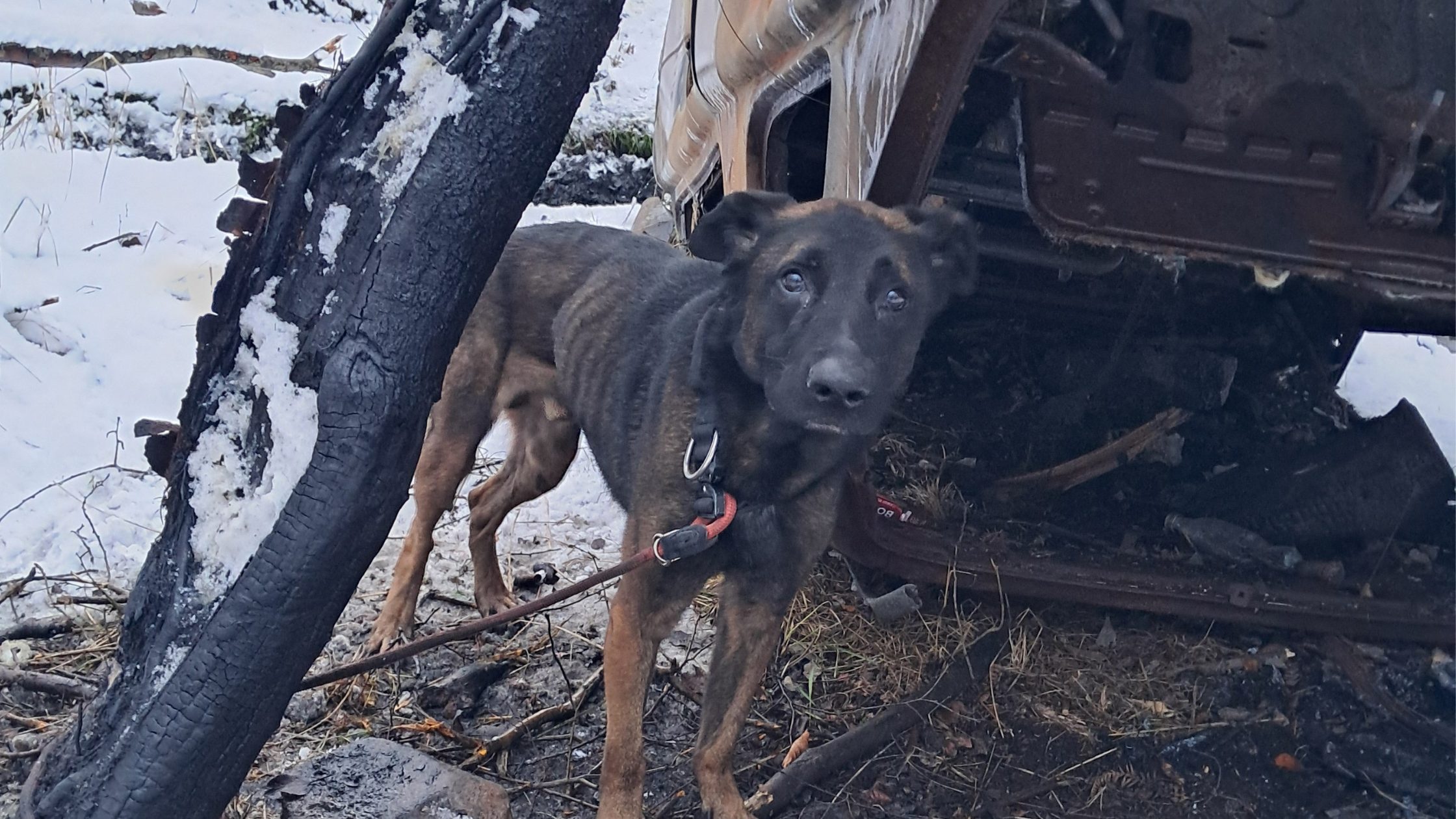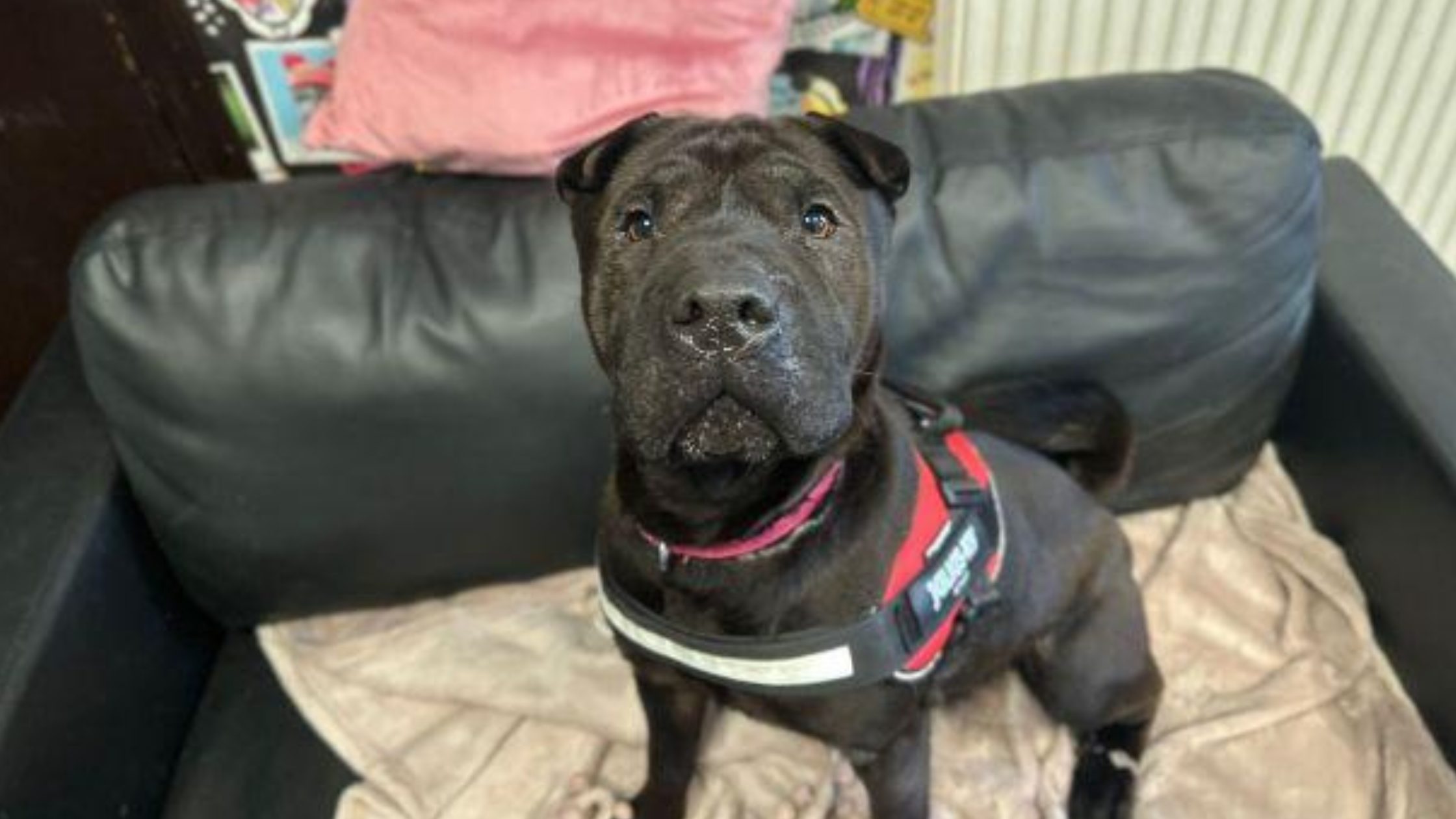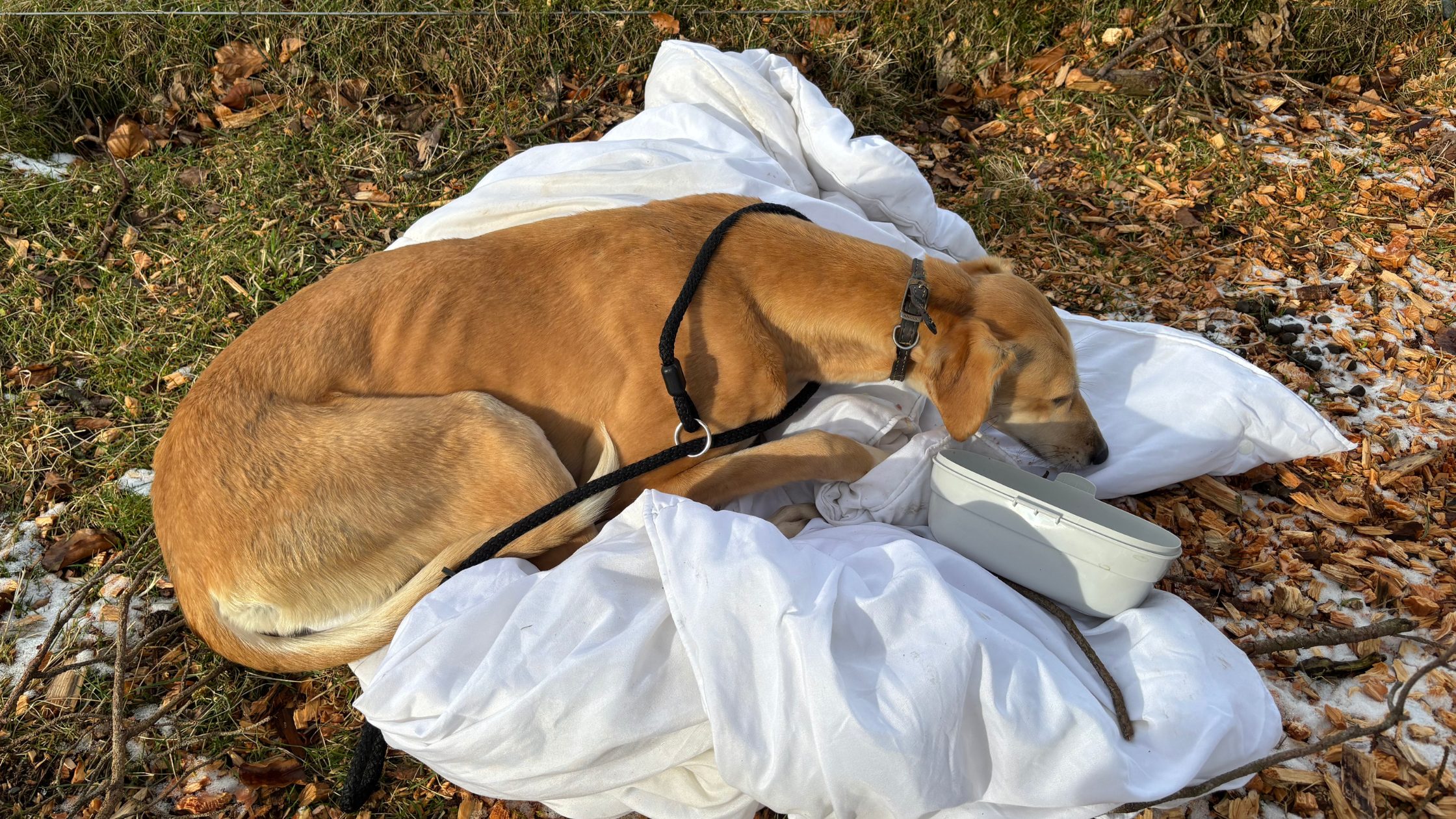A record number of children and young people in Scotland have taken part in the Scottish SPCA’s pioneering Animal Guardians programme – a unique early-intervention scheme designed to prevent animal cruelty by fostering compassion and empathy in young people.
In June 2025, the Animal Guardians programme supported 27 children and young people – making it the busiest month since the initiative began.
Animal Guardians works with children aged 3 to 16 who have displayed concerning behaviour around animals. Using child-led, trauma-informed approaches, the programme teaches safe, respectful interactions. It is the first of its kind in the UK and has been praised by educators, social workers and healthcare professionals as a vital early-intervention tool.
In one recent case, a four-year-old child was observed tormenting the family dog — pulling its tail, disturbing its sleep, and mimicking aggressive behaviour. After a health visitor raised concerns, a Scottish SPCA Youth Engagement Officer worked with the child over eight sessions. Using soft toy animals, praise, and structured play, the sessions encouraged empathy and gentle handling.
The parent, who joined the final session, later reported a marked improvement. The child no longer disturbed the dog while sleeping and even reminded the parent to “use gentle hands” when interacting with the pet.
This is just one example of the programme’s positive impact. In 2024, 102 children completed Animal Guardians – a 44% increase on 2023. In the first half of 2025, 52 young people have already participated, a 7% year-to-date increase.
The programme’s reach continues to grow and now operates in 90% of Scottish local authorities, with referrals coming from:
- Educational establishments
- Scottish SPCA inspectors
- Health and social care professionals
- Parents and carers
- Third-sector children’s organisations
This year, there has been a notable rise in referrals for two age groups: children aged 3–4 (up 15.5%) and those aged 13–16 (up 12.75%), underlining both increasing demand and awareness.
Susan Witton, Animal Guardians youth engagement officer, said: “Animal Guardians is about prevention and protection — for both animals and children. We’re seeing clear evidence that with the right support, young people can learn compassion and emotional control that stays with them for life.”
While it’s difficult to pinpoint exactly why June saw a record number of participants, the Scottish SPCA attributes it to growing awareness of the programme and stronger partnerships with external agencies.
As the summer holidays begin, the Scottish SPCA is encouraging families to connect with nature and Scotland’s’ wonderful wildlife in a safe and respectful manner. However, they also urge supervision during any animal interactions, whether in the home, neighbourhood or wider community.
With growing interest from other agencies across the UK, the Animal Guardians programme is being considered as a potential model for wider adoption, offering a powerful tool to address the root causes of animal cruelty through empathy and education.
It is essential to continue evaluating the Animal Guardians programme to ensure it remains effective and that any new activities contribute positively to its intended outcomes. The University of Edinburgh is leading this ongoing evaluation, seeking to answer key questions about the programme’s impact.
A study published in February by Professor Jo Williams and her research team at the University of Edinburgh found that children who participated in the Animal Guardians programme showed significantly greater improvements than those in the control group in areas such as animal welfare knowledge, behaviour toward animals, and both cognitive and behavioural empathy.
If you are concerned about a young person’s behaviour towards animals, please contact – animalguardians@scottishspca.org
For more information about the animal guardians programme, visit our webpage here.
You can read the research paper here.




